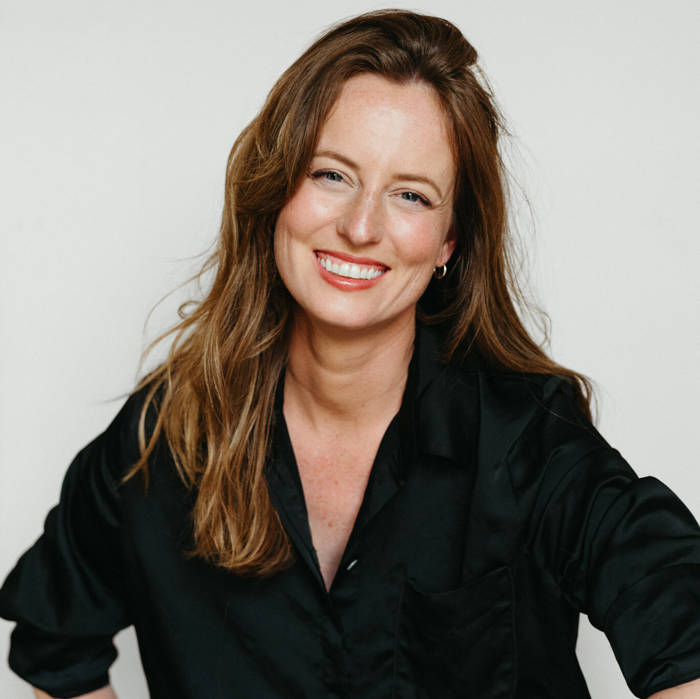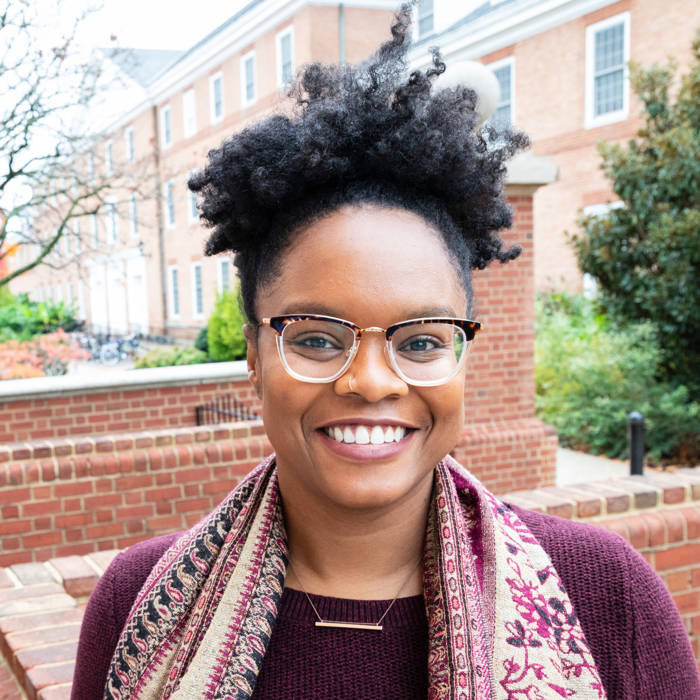Accents and Phonetics 101 (the basics explained)
Wednesday 17th July 2024, 2:00 PM - 4:00 PM (London Time)
This short course is designed for voice coaches or singing teachers who are interested in adding phonetics and accent work to their portfolio. It is designed as a brief introduction or taster, offering an overview of the topic as well as some quick tips and tricks for you to takeaway.
Accents and phonetics work can be integrated into voice work in many ways. Whether you are a new voice teacher working with actors who would like to know more about incorporating accent work into your practice, a singing teacher who works with performers needing to use accent work or just a voice teacher who could benefit from understanding more about how we produce sounds from a phonetic perspective, this brief introductory course is for you.
In the Autumn, VSC will be launching an eight-session course on accents and phonetics, so this taster session could provide a brief insight into the kind of work we will be exploring, or it could be a stand-alone session to help you learn a little more about working with the spoken voice in this way.
We will cover:
- Phonetics basics (how we produce sound, how it is heard, and how we label sounds)
- Brief introduction to IPA
- Introduction to accent work (including phonetic and intuitive approaches)
What you will take away:
- An appreciation of how accessible accents and phonetics can be
- Tools to start integrating accents and phonetics into your work
- Some great links and resources for you to take this further if you’d like to
- A taster of the kind of work we’ll be doing in the eight-week course with VSC
🏷️ Price £30 (UK VAT inclusive)
🎥 Recording automatically sent to all who book (even if you cannot attend live)
▶️ Rewatch as many times as you like
📜 Certificate of attendance available
Louisa Morgan
Louisa Morgan is a lecturer, voice teacher and researcher, with a special focus on spoken and sung emotion. Louisa lectures with Voice Study Centre (spoken voice lead) and teaches Musical Theatre students on the MA/MFA course at the Guildford School of Acting (GSA).

Attend this course for as little as £22 as part of the Voice Professional Training CPD Award Scheme.
Learn MoreSorry, this is an archived short course...
We have plenty of upcoming short courses coming soon. See details of some of them below or look at the full list of short courses.

Tuesday 22nd July 2025
5:00 PM - 7:00 PM
Tuesday 29th July 2025
5:00 PM - 7:00 PM
Tuesday 5th August 2025
5:00 PM - 7:00 PM
Tuesday 12th August 2025
5:00 PM - 7:00 PM
Tuesday 19th August 2025
5:00 PM - 7:00 PM
Tuesday 26th August 2025
5:00 PM - 7:00 PM
(London Time)
Certificated Public Speaking Coach qualification - with John Henny

John Henny
Would you like to be a certified public speaking coach? Join the renowned John Henny for this exciting new online course! This six-week online certification course is designed to equip voice teachers with the specialised skills needed to work with public speakers, corporate trainers, educators, and presenters. Unlike a general public speaking course, this program is specifically tailored to train-the-trainer, giving voice professionals structured methodologies, coaching techniques, and applied skills to enhance vocal delivery, confidence, and influence in professional speakers.

Thursday 24th July 2025
5:00 PM - 6:00 PM
(London Time)
Transitioning From Soprano To Mezzo-Soprano - Pedagogical Approaches!

Dr Caitlin Moore
This workshop will explore the considerations for transitioning from soprano to mezzo-soprano. We will examine the history and vocal science related to voice classification as well as interviews with singers and voice teachers. Interviews feature singers who have experienced this Fach change themselves, as well as voice teachers who have helped singers navigate this shift.


Tuesday 29th July 2025
5:00 PM - 7:00 PM
(London Time)
Towards a Jazz Pedagogy: Lessons from Legends and Educators!

Dr Autumn Griffin
Join Dr Autumn Griffin as she explores the foundational tenets of jazz pedagogy as both a conceptual and practical framework for teaching, in this two-hour workshop. Drawing from her research in “Towards a Jazz Pedagogy: Learning with and from Jazz Greats and Great Educators,” she’ll investigate how jazz (its historical and cultural legacy, structure, improvisation, and relationality) can be mobilized to inform dynamic, liberatory educational practice!
